Mary Meeker’s Internet Trends Report 2017, one of the most-anticipated annual events in the world of digital, was released a few weeks ago.
The 355-slide report covers the major shifts we are currently seeing in the internet and the digital economy, and is considered something of a barometer for the state of digital across the globe, as well as a forecast for what is likely to come.
Some notable sections have focused on the rise of interactive gaming in all its forms and what that means for digital, the evolution of customer support in social media, and the state of the internet in China and India.
Meeker also focused a 69-page section on developments in online advertising and commerce, examining the pervading trends and what they mean for the industry. Here are some key highlights.
The rise of mobile advertising
The growth of online advertising is increasingly made up of growth in mobile advertising. An increase of 22% year-on-year indicates that the future of advertising is mobile.
This is a good reminder for marketers and advertisers of the need for mobile-friendly content, be that articles or ads, as the rise of the mobile audience along with the increasing spend on mobile advertising brings new opportunities for success.
Moreover, it also highlights the importance of creating mobile-friendly pages, taking into account all the factors that may affect a site’s speed or performance.
Google and Facebook dominate advertising growth
A closer look at the changes of advertising year-on-year shows a monopoly in advertising growth between Google and Facebook. Google saw a year-on-year increase of 20% from 2015 to 2016, while Facebook saw even greater success, with a year-on-year increase of 62%.
These two combined are responsible for 85% of advertising growth–and this percentage is expected to increase even more in future years.
These are useful figures for marketers exploring the best platforms in which to invest their advertising budget, and a good reminder of how Google and Facebook ads can lead to successful results.
Facebook has invested heavily over the past year in improving its advertising platform to make it more appealing, and its numerous advertising options have won many marketers over. Moreover, its focus on the growing trend of visual content (images and videos), along customized advertising options, has offered new creative avenues for advertising.
As for Google, its focus on mobile growth and understanding of how advertising should evolve has brought new options for marketers seeking the best ways to promote their products through the most relevant search results.
The challenge of measuring ROI
The measurement of social ROI seems to remain a big challenge for marketers. Despite the evolution of social marketing and advertising, it remains a major challenge for marketers to effectively measure the success of their efforts.
When surveyed about the metrics they focus on when defining social ROI, 56% of advertisers picked engagement as their main measurement, while 21% chose conversion and revenue and 15% picked amplification and brand awareness. (Source: SimplyMeasured State of Social Marketing Annual Report)
The diverse goals marketers have for their social media rely on different metrics, which is why it’s still challenging to decide on the best ROI. Although engagement still remains marketers’ means of tracking success, conversion or brand awareness cannot be overlooked.
New ways to target and measure ads
The rise of online advertising and its constant evolution can be attributed to the creative and effective ways that all online platforms help advertisers reach their goals.
There has been an interesting improvement in targeting and measurement across all of the popular platforms in the last year, which may serve as proof that the advertising competition among platforms can lead to more options for marketers.
- Product listing ads (Google): Google’s idea to highlight product listing ads was successful, with a stable increase in clicks over the past few years. This has allowed the company to capitalize on its new concept, while ecommerce companies have found an enhanced source of revenue through targeted listing.
- Targeted pins (Pinterest): Pinterest decided to become serious about advertising and it officially became on of the favourite platforms for ecommerce companies to promote their products. Pinterest was well known for being a popular platform for product discovery, as users tended to pin the products they liked. This changed the last year, as it has also become a platform of purchases, doubling the number of people who base their purchasing decisions on the pins they come across.
- Goal-based bidding ads (Snapchat): Snapchat created a new type of ad, with its unique mobile platform focusing on engagement. Goal-based bidding ads were aiming to make users spend more time on the creative ads, grabbing their attention in the most engaging ways. For example, users may swipe through the ad to play a game, which makes a clever way to appeal to them without relying on traditional advertising methods.
Right ad at the right place at the right time
One of the most successful ways for Google and other platforms to increase their revenue was the focus on the users and their input on each platform.
Google now counts a $679B market capitalisation with its focus on user-typed input, words that help ads become more targeted.
Snapchat already counts a $25B market capitalization in just two years and this can be attributed to its focus on user-uploaded input, the images that make ads more relevant for their audience.
The analysis of data and the idea of having users be the central focus of the platform to create more targeted ads is expected to grow advertising options even further. From a user’s point of view, this increases the chances to make the ads more relevant and less annoying, which is still important in an online world full of irrelevant noise.
The future of voice search
Voice search was a major feature of last year’s Internet Trends Report, and the 2017 Report builds on this. Since 2016, voice has increasingly entered into the consciousness of search experts and marketers, but we’ve only just begun to scratch the surface of what it can do.
The rise of mobile has made voice searches more popular in turn, and it’s interesting to note that 20% of mobile queries are made via voice. This indicates that voice search is becoming increasingly a part of our everyday habits.
Moreover, it has been observed that almost 70% of requests in Google Assistant are carried out in natural language, which serves as a good reminder on the way that voice can replace typing on several occasions.
Moreover, voice recognition has shown great signs of improvement in recent years, with Google’s machine learning reaching an accuracy rate of 95%.
There is a big challenge ahead for voice search providers to equal the accuracy of text-based searches, in order to convince people to trust voice functions even more.
Smart home hubs with in-built voice assistants have also seen great growth in the last year. A closer look at Amazon Echo’s installed base over the last two years indicates that consumers are exploring how voice can become an integral part of their daily lives.
It is expected that the applications of voice will expand even more in years to come, with communication, shopping and entertainment being key areas of growth.
Overview
As advertising giants search for new ways to maintain their growth, marketers should keep seeking the best methods to reach their target audience.
The variety of ad platforms nowadays brings an opportunity for more creative advertising and it’s important to consider how the use of data, the domination of mobile and new types of advertising can lead to the most effective results.
Measuring ROI on these new forms of advertising is still a challenge, but the fact that most of the industry is aware of this issue brings us closer to a time where this problem will be solved.
source https://searchenginewatch.com/2017/06/20/meekers-report-on-the-state-of-advertising-and-trends-to-watch-out-for/
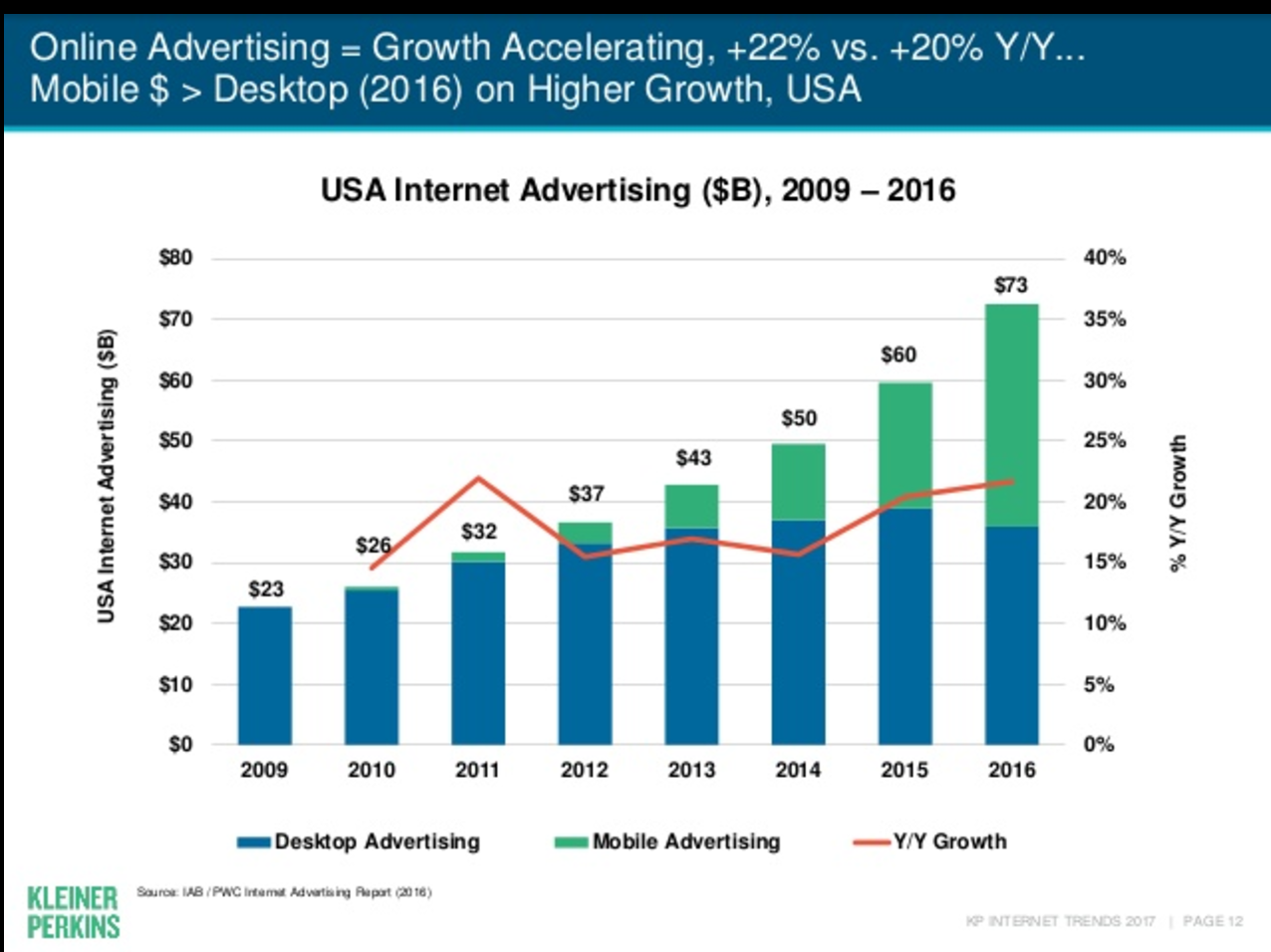
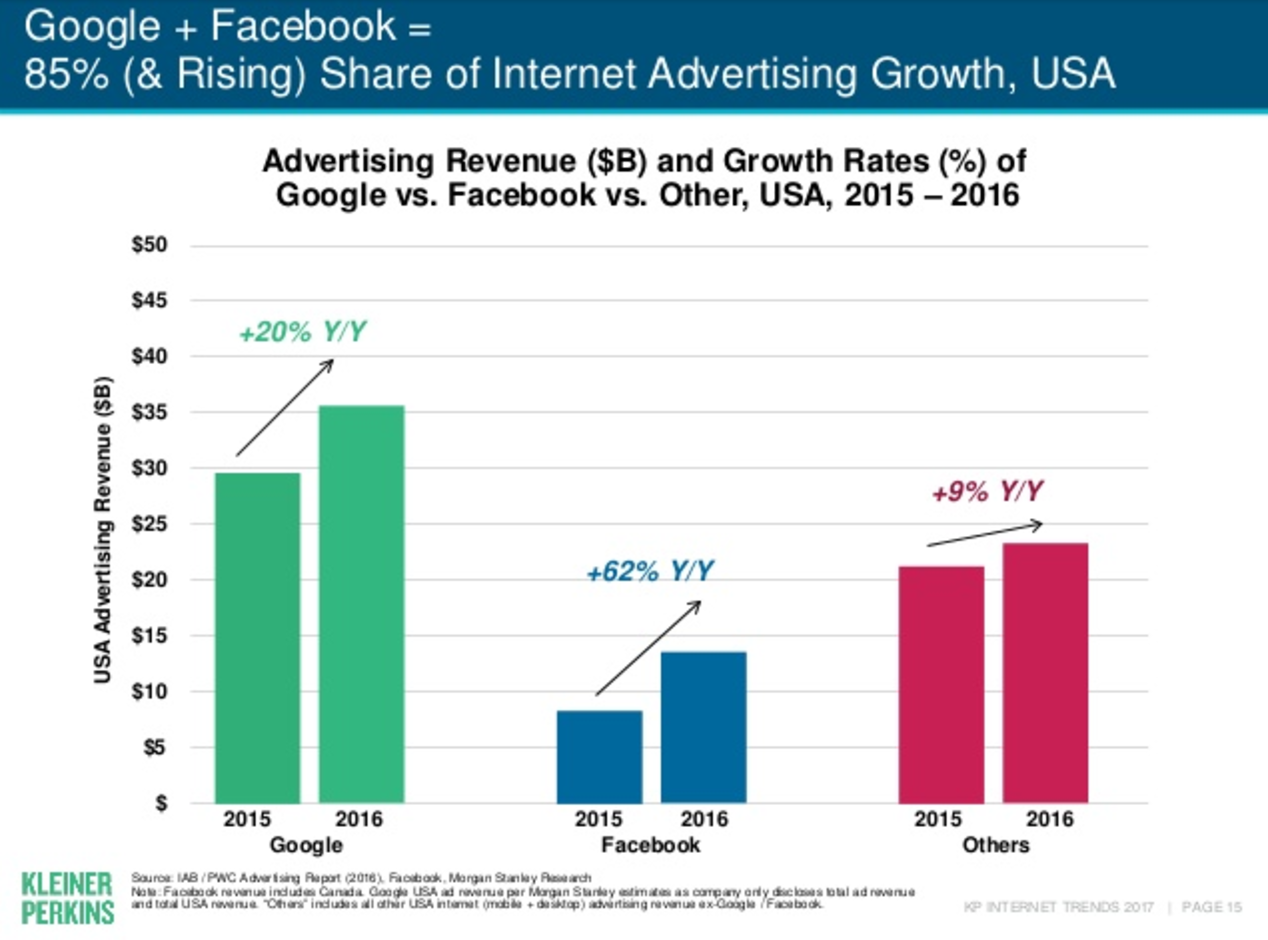
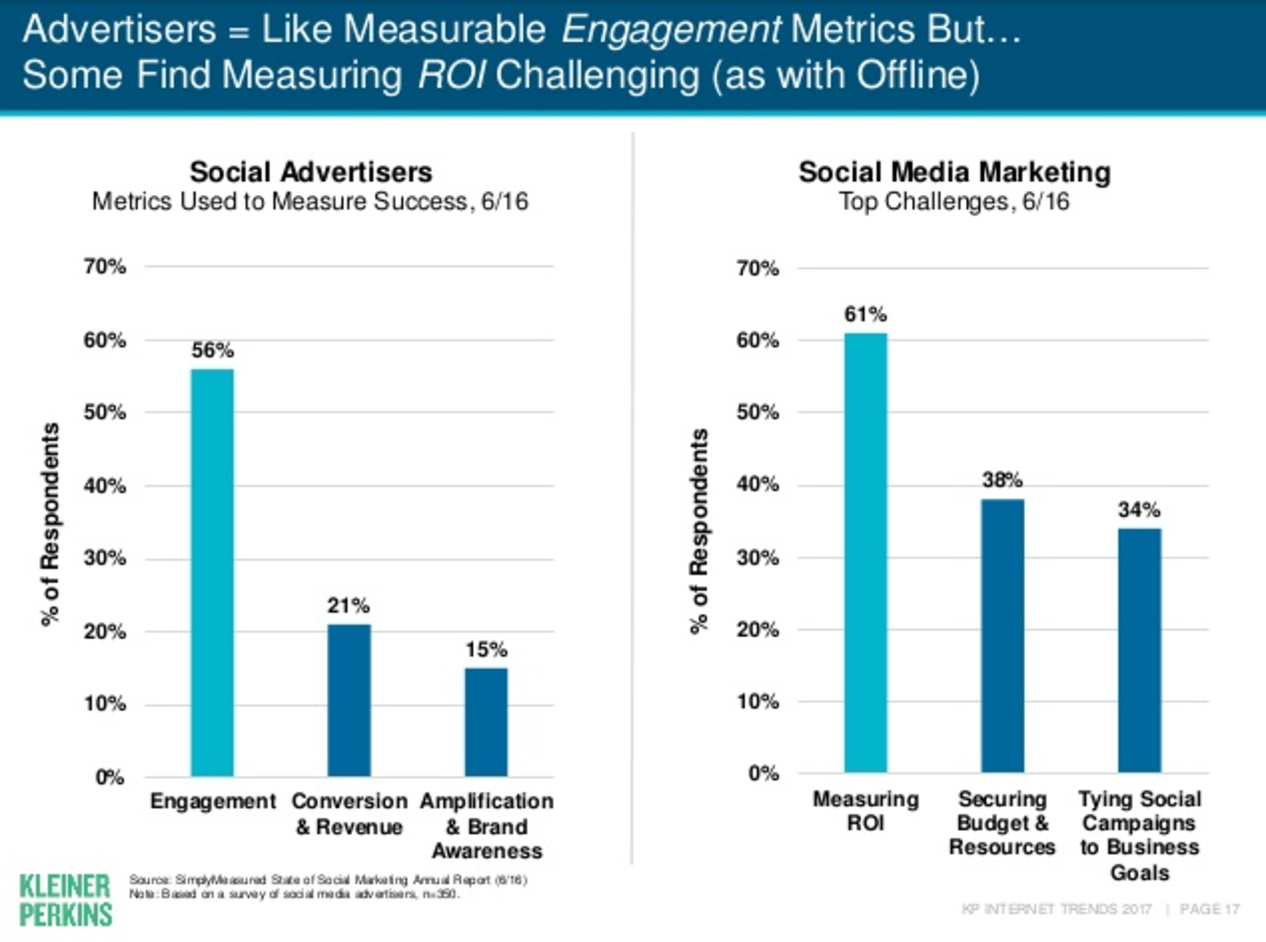

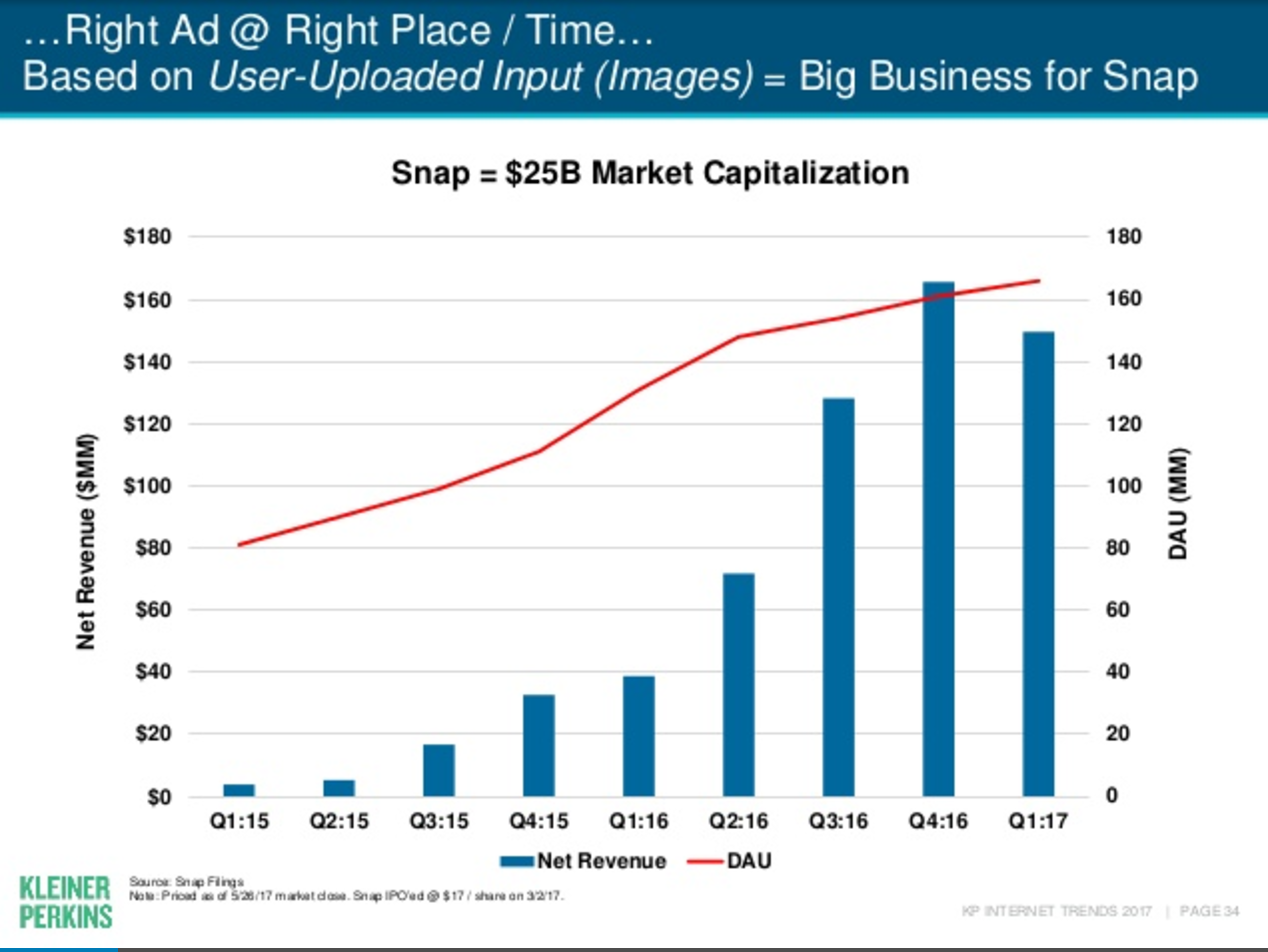
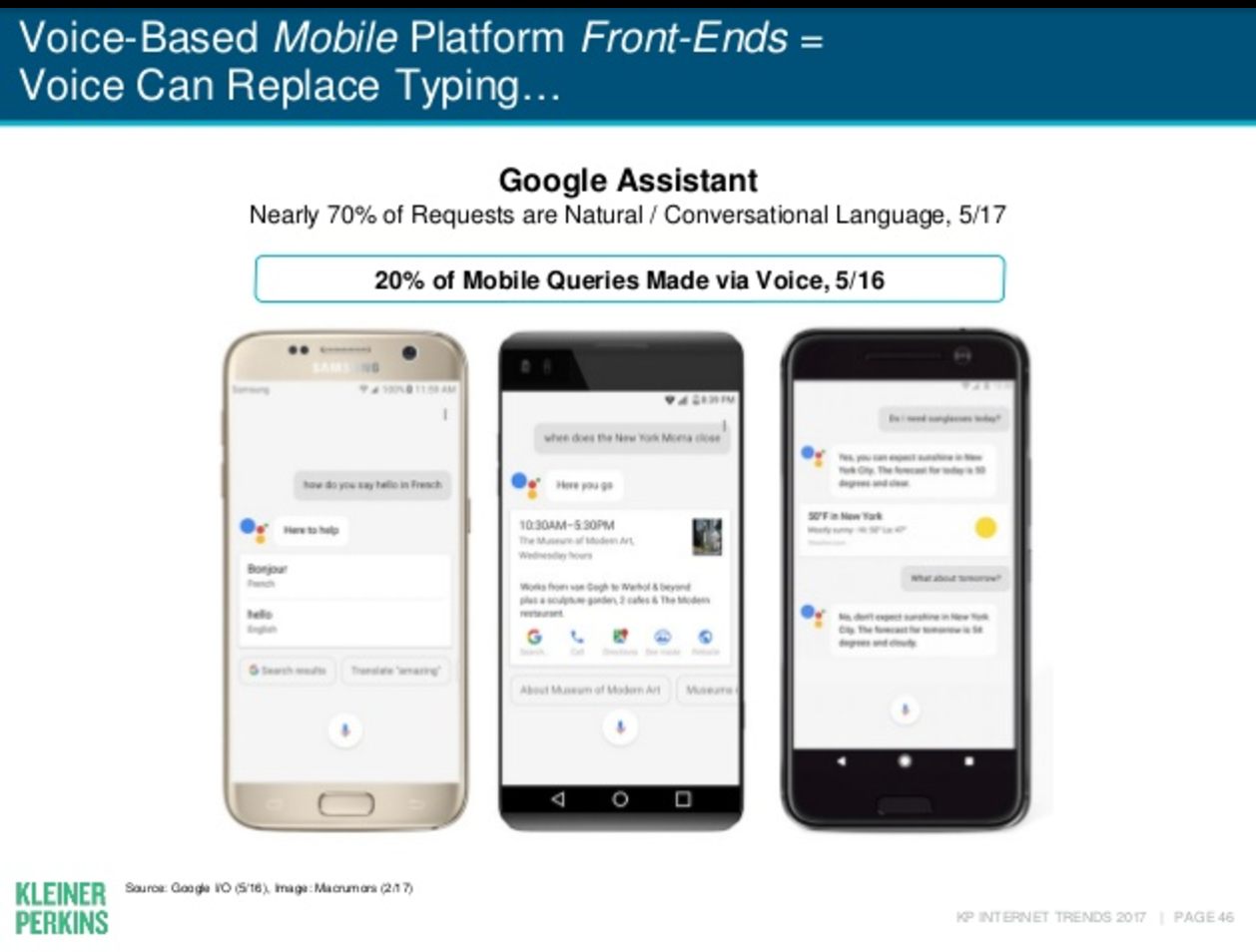

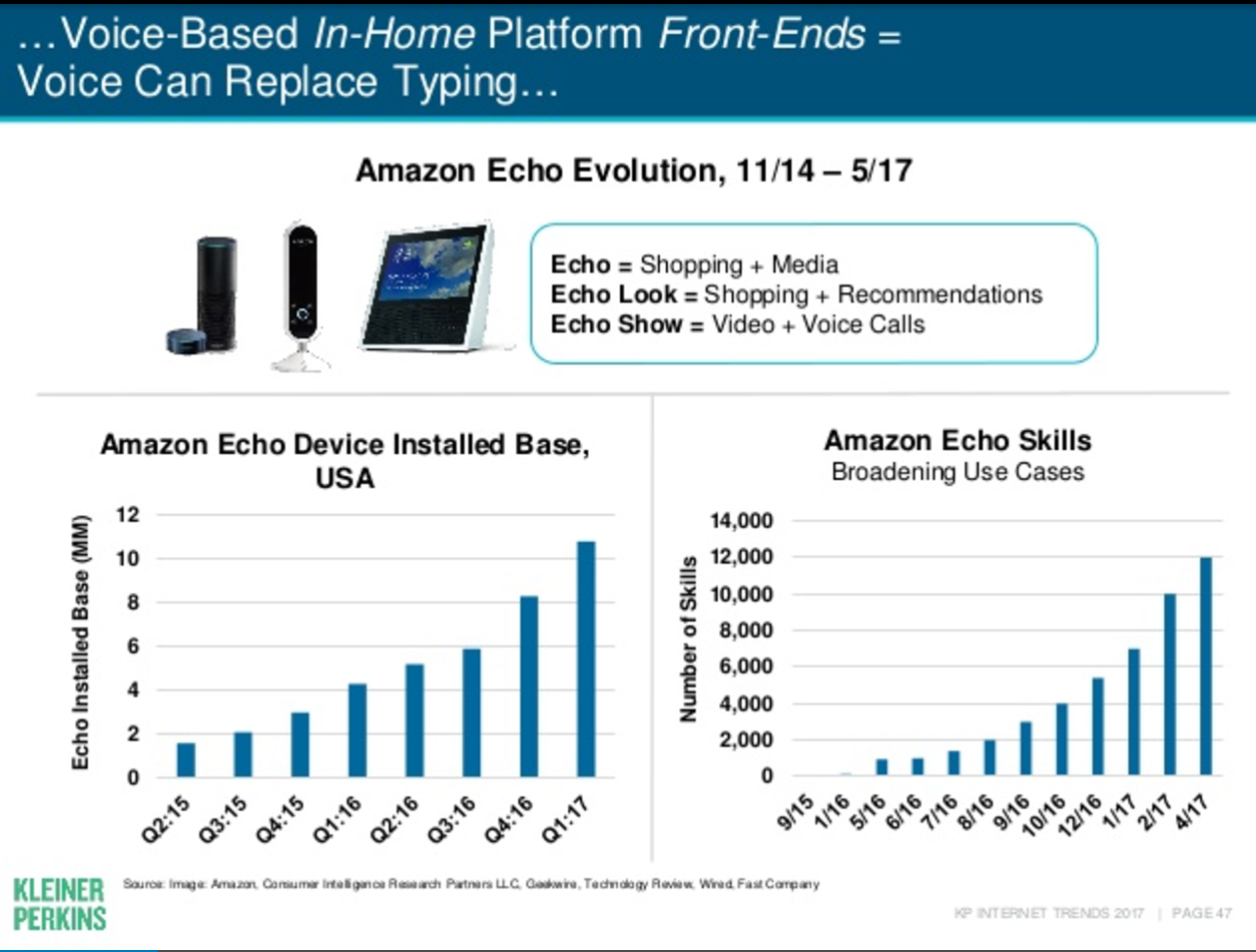
No comments:
Post a Comment